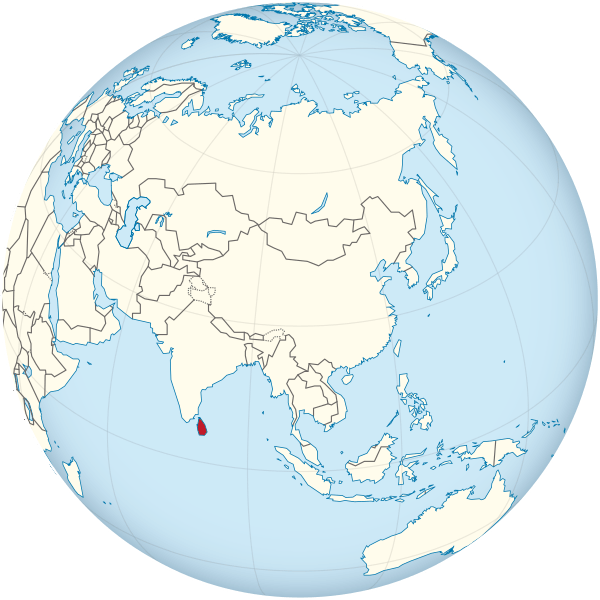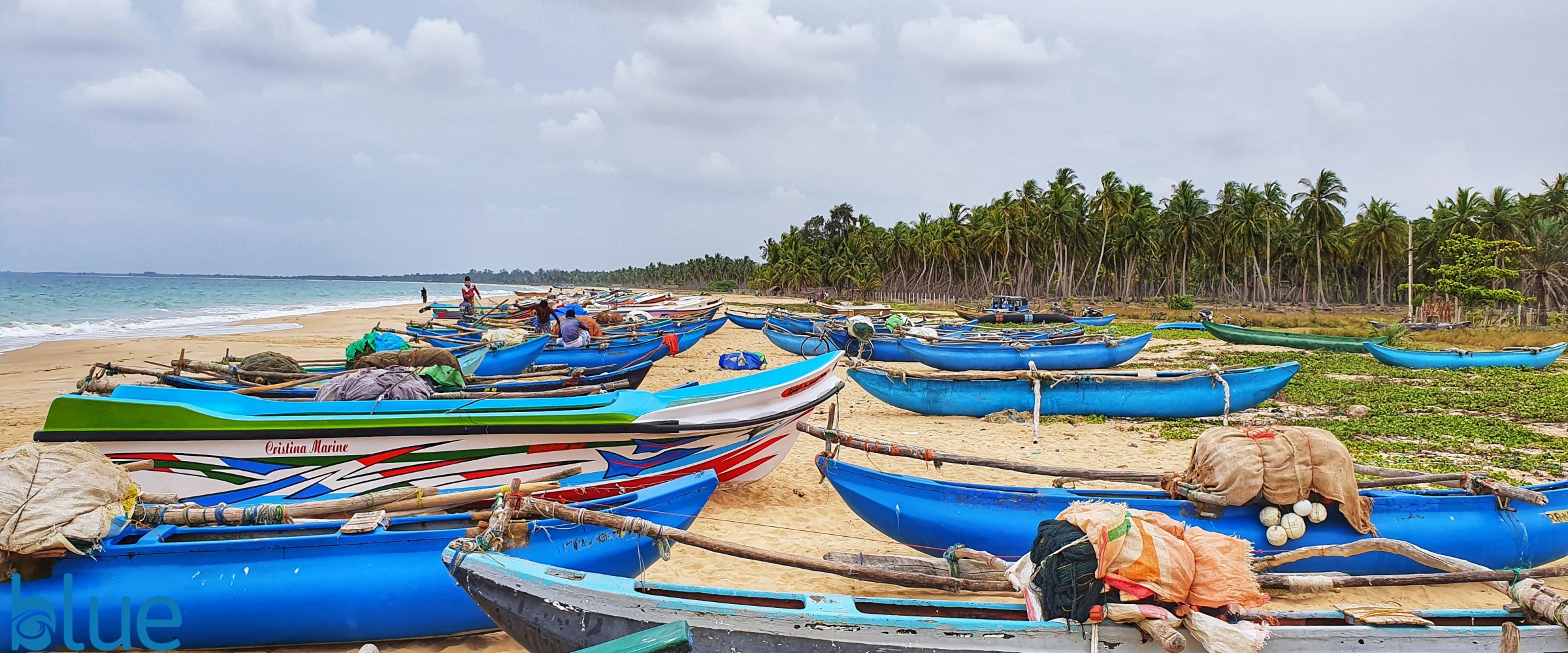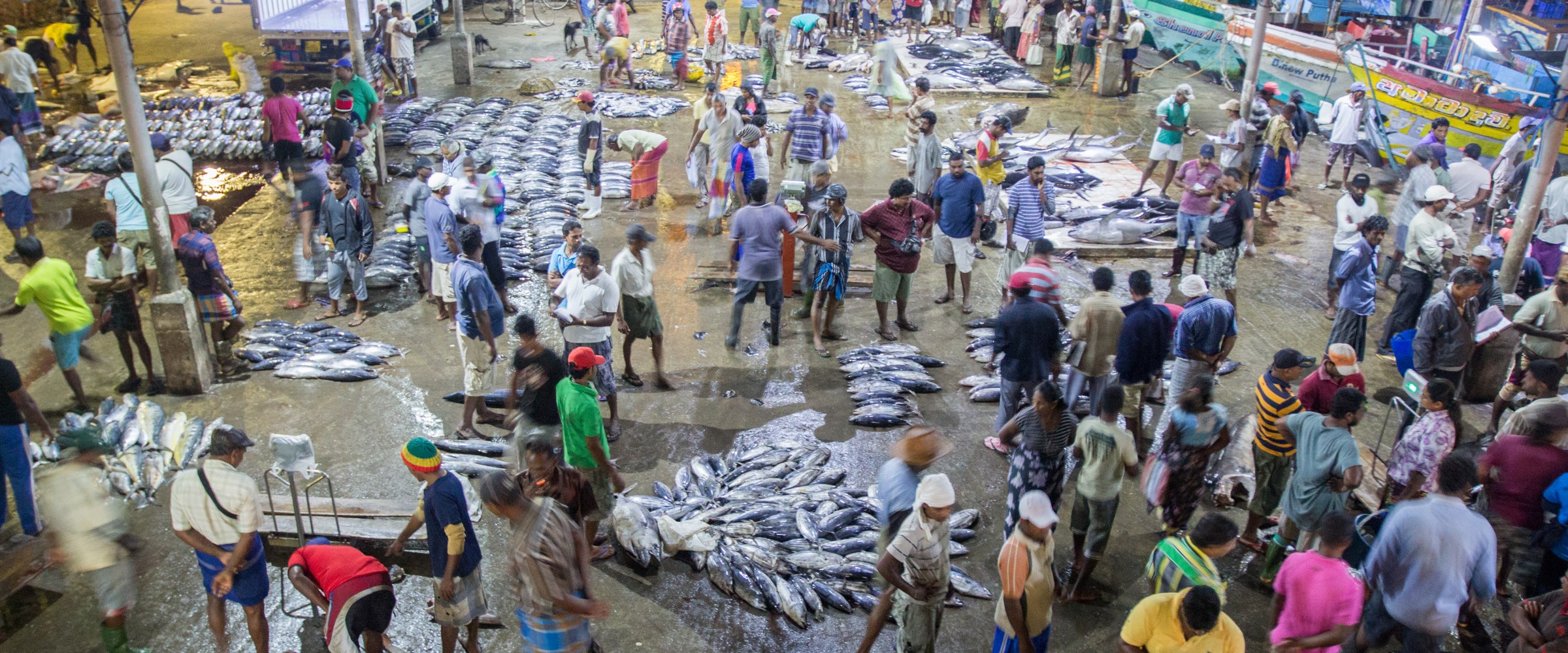REDUCING SMALL CETACEAN BYCATCH IN SRI LANKAN GILLNET FISHERIES
LOCATION: SRI LANKA
|
Daniel Fernando |
Larissa Dalpaz |
|
Joshua Steward, PhD |
Brianna Elliot |
|
Andrew Read, PhD |
Jeremy Kiszka, PhD |

PROJECT SUMMARY

Blue Resources Trust
Bycatch is the most significant global threat to marine megafauna, and gillnets in the Indian Ocean’s small-scale fisheries capture more dolphins and small cetaceans than any other fishery in the world. Identifying and implementing effective solutions to marine mammal bycatch in this region requires accounting for the socio-economic impacts of bycatch mitigation strategies on fishers. We will work cooperatively with fishers in Sri Lanka, one of the largest fishing nations in the Indian Ocean, to test promising bycatch mitigation strategies that are likely to reduce marine mammal and other megafauna bycatch.

Blue Resources Trust
We will evaluate the economic impacts of alternative gear types (e.g., changes to catch rates of tuna and billfish; benefits of reduced damage to fishing gear and bycatch discards) and survey fishers about their perceived barriers to adopting gears with reduced bycatch risk. Through this work we will identify a realistic pathway to the widespread adoption of fishing gears that reduce marine megafauna bycatch in the Indian Ocean, with broad applications to small-scale gillnet fisheries that are a major source of bycatch globally.


